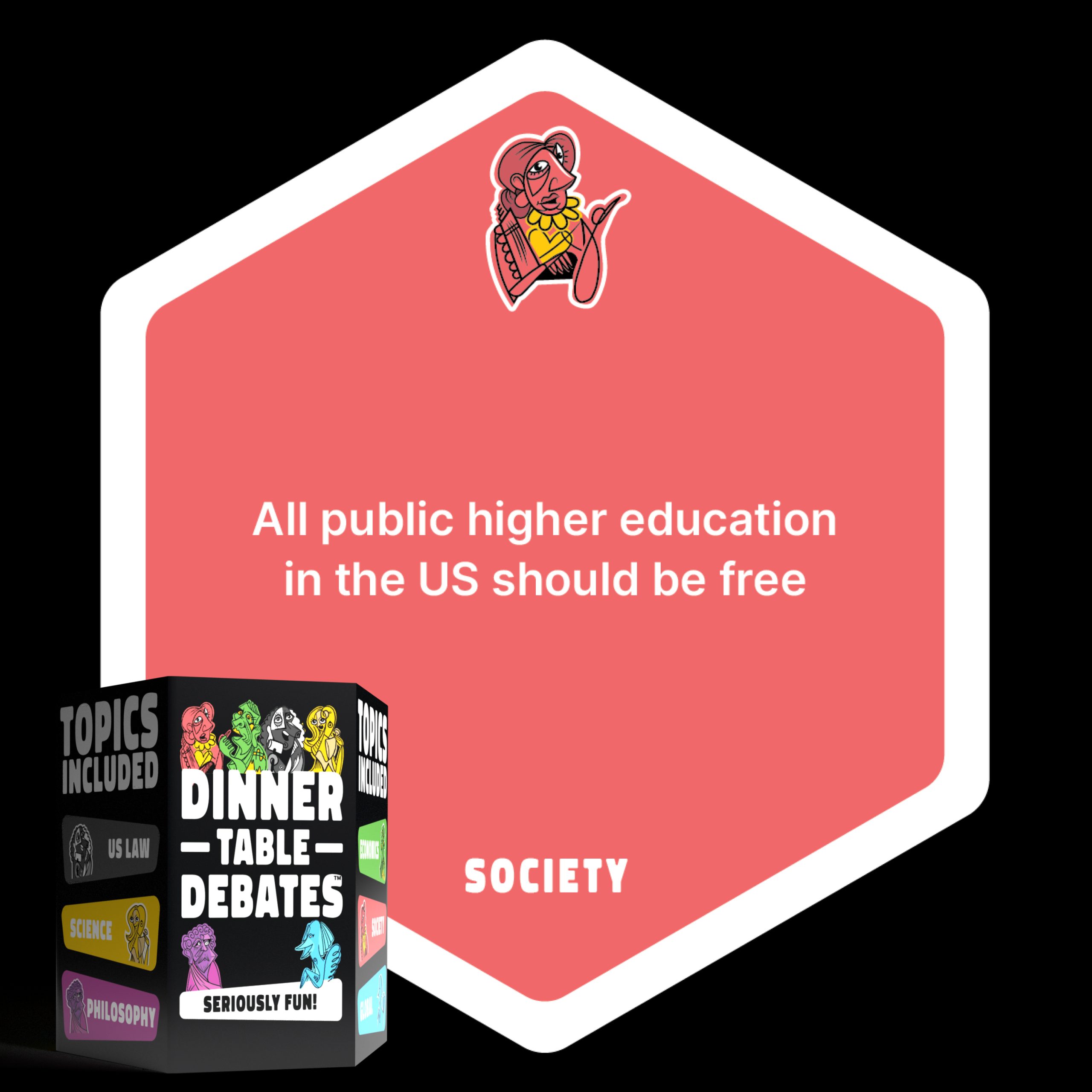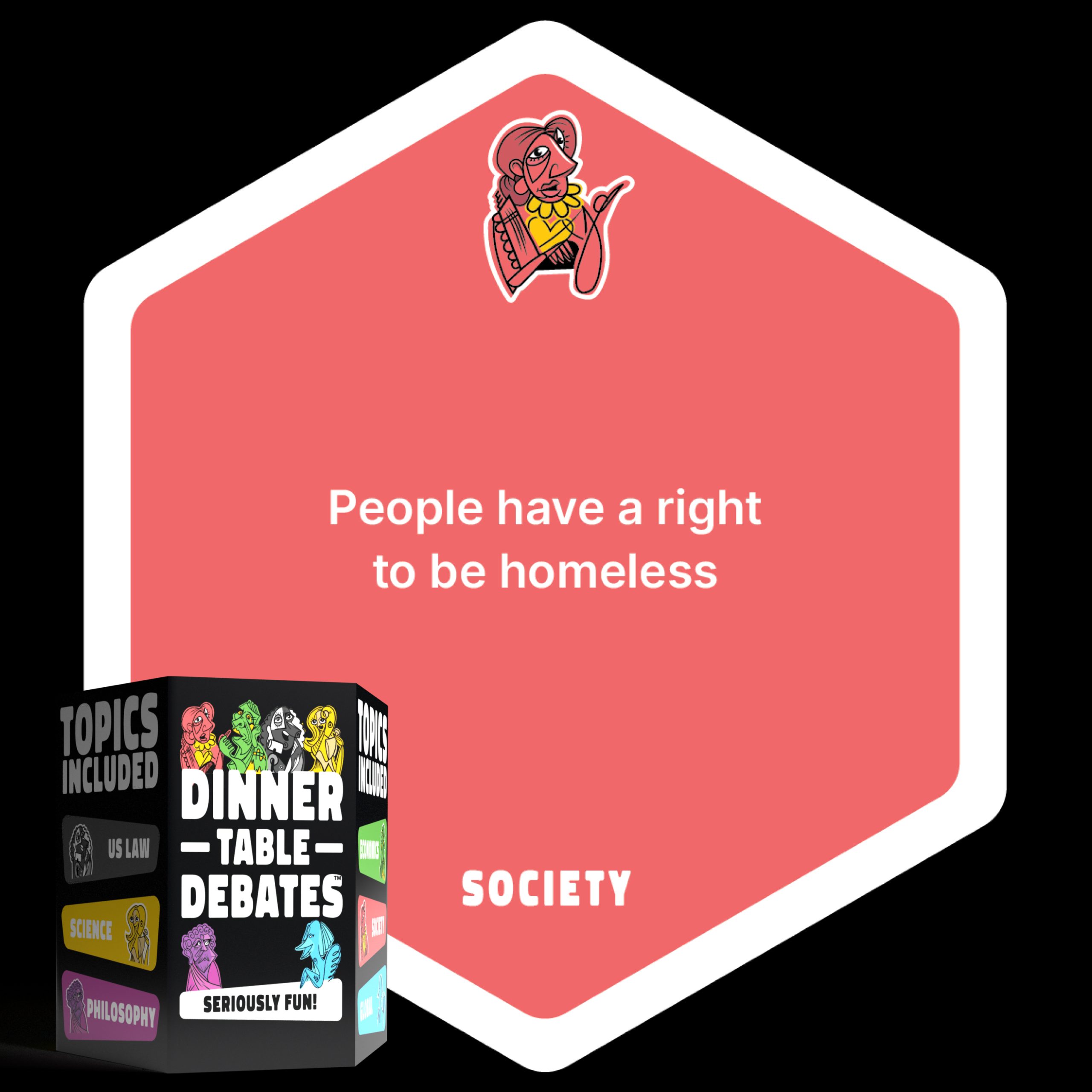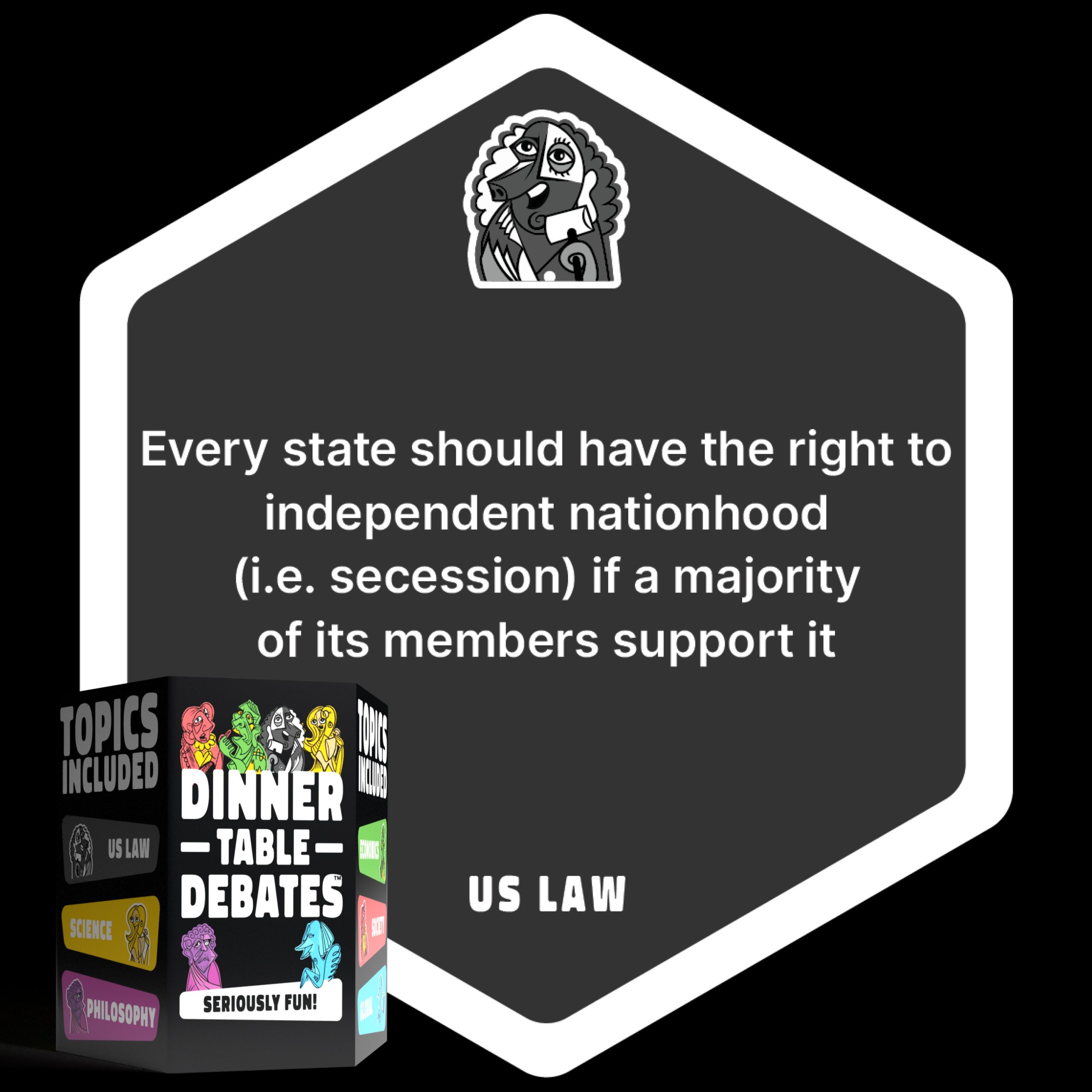Do you remember the last time someone said something so outrageous it left you questioning the boundaries of free speech? Maybe it was a viral tweet, a controversial protest, or a heated debate on campus. Freedom of speech is a cornerstone of democracy, but should it be absolute? Could society function better with some boundaries in place, or would restrictions on speech be a slippery slope to tyranny? Free speech is often considered a fundamental human right, protected by documents like the First Amendment in the U.S. Constitution and Article 19 of the Universal Declaration of Human Rights. However, even these protections acknowledge limits—such as restrictions on hate speech, incitement to violence, or slander. The debate over how far these limits should go has raged for centuries, with John Stuart Mill’s On Liberty advocating for minimal restrictions, while modern democracies grapple with issues like misinformation, cyberbullying, and extremist propaganda.
This topic is vital because it strikes at the heart of how we balance individual freedoms with societal well-being. In today’s hyper-connected world, a single tweet or video can spark massive repercussions. How we approach limits on free speech affects everything from online platforms to the safety of our communities. Supporters of limiting free speech argue that absolute freedom can lead to real-world harm, such as inciting violence or spreading hate. In 2021, several countries introduced stricter laws against hate speech to curb rising extremist rhetoric. Philosopher Karl Popper’s "paradox of tolerance" suggests that unlimited tolerance can lead to the demise of tolerance itself if it allows for the proliferation of intolerant ideas. Public safety is another concern, as speech that incites panic or endangers people—such as shouting “fire” in a crowded theater—has been legally restricted. Courts have consistently ruled that public safety outweighs unrestricted speech, as seen in the U.S. Supreme Court case Schenck v. United States (1919). Additionally, in the digital age, false information spreads rapidly, undermining trust in institutions and endangering public health. Without legal consequences for creating and spreading misinformation, society risks a complete breakdown of trusted communication.
Opponents argue that imposing limits on free speech creates a slippery slope to censorship. Governments or corporations could misuse these restrictions to silence dissent, with George Orwell’s 1984 serving as a chilling reminder of how speech suppression can lead to authoritarian control. Fear of punishment or backlash can deter individuals from voicing legitimate opinions, a concern seen in countries with vague anti-speech laws where journalists self-censor. Another key argument is that harm is often subjective. What one person considers offensive or dangerous, another may see as necessary to challenge societal norms. Offensive jokes, for example, can spark important conversations rather than simply being dismissed as harmful speech.
A key rebuttal to the argument for limiting speech to prevent harm is: who decides what qualifies as harmful? Overly broad definitions could suppress minority voices or unpopular opinions. On the other hand, a rebuttal to the argument against limits is that reasonable, clearly defined restrictions can protect free speech while preventing abuse, ensuring marginalized groups feel safe participating in public discourse. The complexity of this issue lies in defining limits that protect society without eroding the core principle of free expression.
In recent years, debates about free speech have intensified on social media platforms. Companies like Twitter and Meta face scrutiny over their policies for moderating hate speech, misinformation, and harmful content. Legislative efforts like the European Union’s Digital Services Act aim to standardize rules for online speech, raising questions about jurisdiction and enforcement. This debate can also be explored in different ways: Should limits be justified when addressing hate speech? How do we fairly define and enforce such limits? Should speech restrictions be applied in times of national emergency, and how do we prevent temporary measures from becoming permanent? Should private companies have the right to regulate speech on their platforms, and where do we draw the line between corporate policy and free expression? A related philosophical debate is whether an individual’s freedom of expression is more valuable than political correctness.
If you enjoyed this deep dive, you can explore this and many other topics by getting your own Dinner Table Debates deck at DinnerTableDebates.com. The game is unique because every round starts with randomly assigning a stance, meaning you may end up arguing for something you personally disagree with—but that’s the point! Stretch your brain, gain clarity, improve critical thinking and empathy, and have fun doing it. Save 10% on your order with the code PODCAST10, and join the conversation on Instagram and TikTok at DinnerTableDebates. Get ready for thought-provoking discussions that will challenge your assumptions and broaden your understanding of the world. Happy debating!

What if getting a college degree didn’t come with a lifetime of debt? Imagine if anyone could attend a public university without worrying about...

Love this topic? Get it in the Essentials Collection Full Size DeckTranscript:Have you ever driven past someone living in a tent on the side...

SummaryIs there a place that feels like home to you—a place where your culture, values, and experiences are truly understood? What if that place...